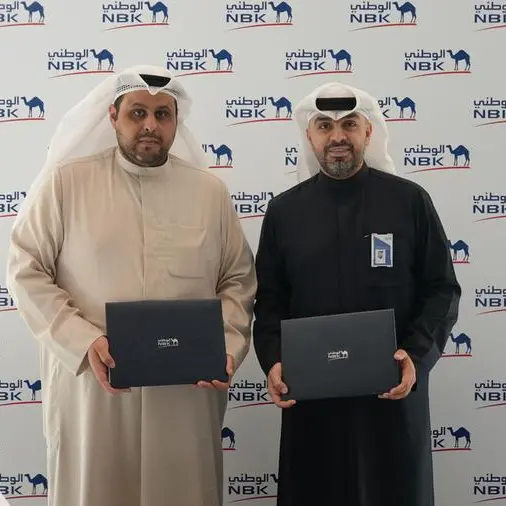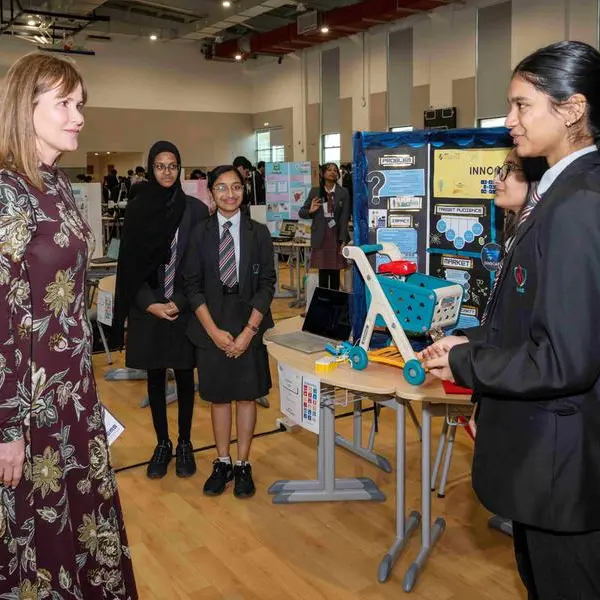PHOTO
Doha: The Center for International and Regional Studies (CIRS) at Georgetown University Qatar (GU-Q) held an insightful panel discussion to launch its newest research initiative, America’s Game in the Middle East: The 2027 Qatar Basketball World Cup.
The CIRS project will examine US political and cultural engagements in the Middle East through the lens of basketball and the development of the sport in the region more broadly, explained Professor Danyel Reiche, Visiting Associate Professor at GU-Q, who leads the initiative.
The men’s 2027 FIBA Basketball World Cup in Qatar is set to engage fans and national teams from across the region and the world. While it is widely known as “America’s game,” originating in Springfield, Massachusetts in the late nineteenth century, it is the second most popular global sport after football.
Introducing the project during the public launch, Prof. Reiche said: “The Basketball World Cup has never been staged by an Arab country before, and this also shows that sport remains an important policy tool for Qatar, and this did not end with hosting the FIFA World Cup 2022.”
In the panel discussion that followed, Yaseen Ismail Musa, Head of the Qatar Basketball Federation, Claudia Kozman, assistant professor at Northwestern University in Qatar, and Joseph John, program editor at Al Jazeera English, delved further into how basketball has spread in the Middle East region, amid its globalization, including America’s role in this process.
Musa, a former professional basketball player, highlighted Qatar’s national aspirations and the tournament’s significance for fans across the Middle East and the country’s young generation. In turn, Dr. Kozman pointed to how the game transcends political, religious, and ethnic divisions in her home country Lebanon, bringing people together. A former sports journalist, she is currently researching media coverage of the FIFA World Cup Qatar 2022TM versus other global sporting events. Comparing the game’s historical development in two of its biggest markets, China and India, John discussed the NBA’s role in the game’s exponential rise in China and the backlash for the NBA when navigating political issues.
With the CIRS initiative focusing on these and other critical topics, such as women’s basketball, the role of basketball in migrant communities in the Gulf, and broadcasting rights, it will contribute to scholarly engagement and knowledge production for international scholars, journalists, and the public through a lecture series and a dedicated vlog.
The project is the fourth major CIRS research initiative focusing on sports. The most recent, Qatar’s World Cup Goals: Moving from the Periphery to the Center, will soon be featured in a special issue of The Journal of Arabian Studies. To find out more, please visit the website at: https://cirs.qatar.georgetown.edu/.
About Georgetown University in Qatar
Established in 1789 in Washington, DC, Georgetown University is one of the world’s leading academic and research institutions. Georgetown University in Qatar (GU-Q), founded in 2005 in partnership with the Qatar Foundation, builds upon the world-class reputation of the university through education, research, and service. Inspired by the university’s mission of promoting intellectual, ethical, and spiritual understanding, GU-Q aims to advance knowledge and provide students and the community with a holistic educational experience that produces global citizens committed to the service of humanity.
Georgetown’s unique, interdisciplinary program prepares students to tackle the most important and pressing global issues by helping them develop critical thinking, analytical, and communication skills within an international context. GU-Q alumni work in leading local and international organizations across industries ranging from finance to energy, education, and media. The Qatar campus also hosts the Executive Master in Diplomacy and International Affairs along with the Executive Master’s in Leadership graduate degree programs.
For more information, please contact Nahla El Sherif




















